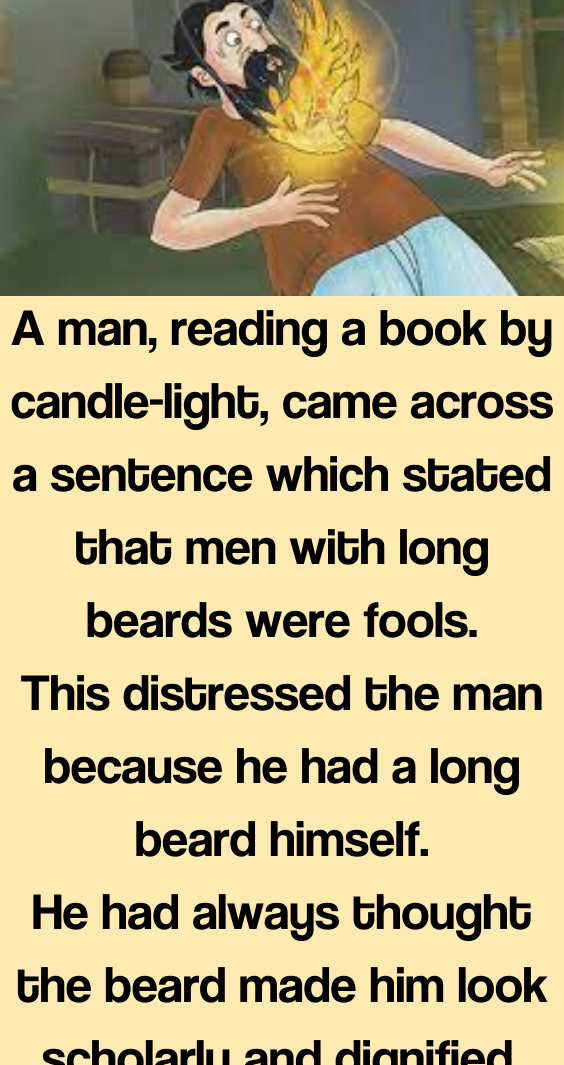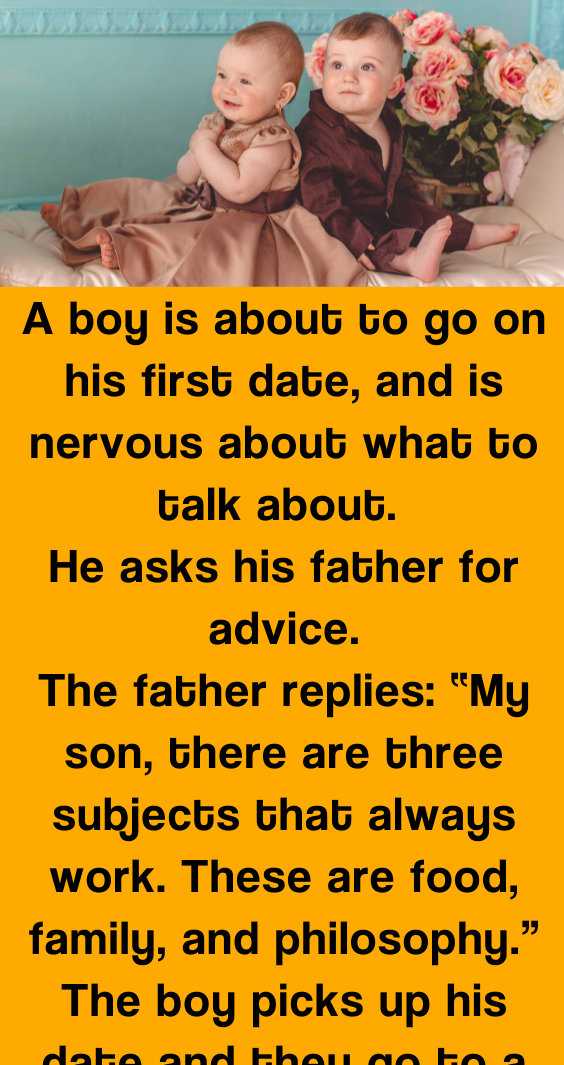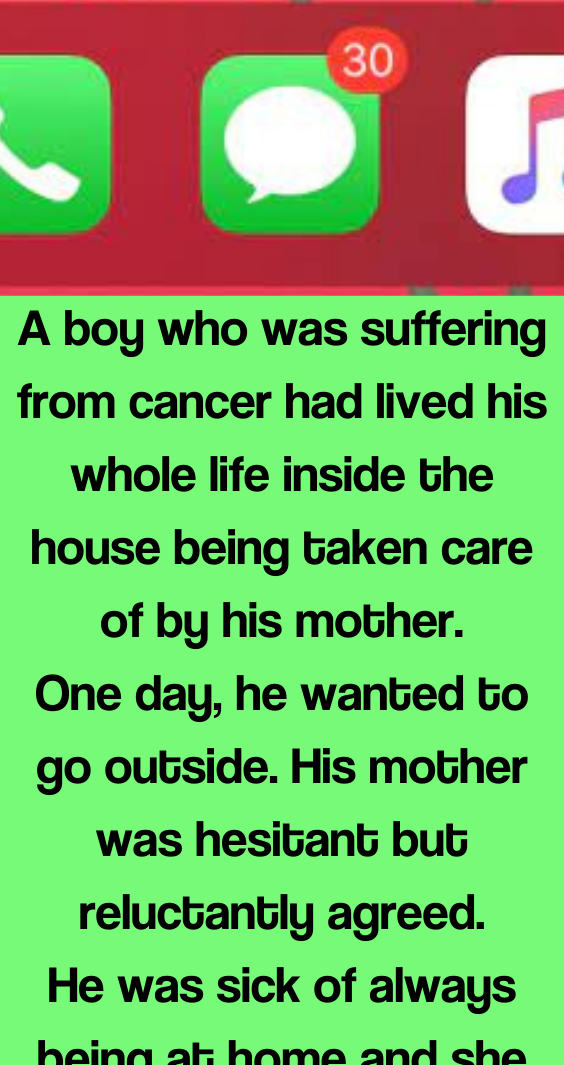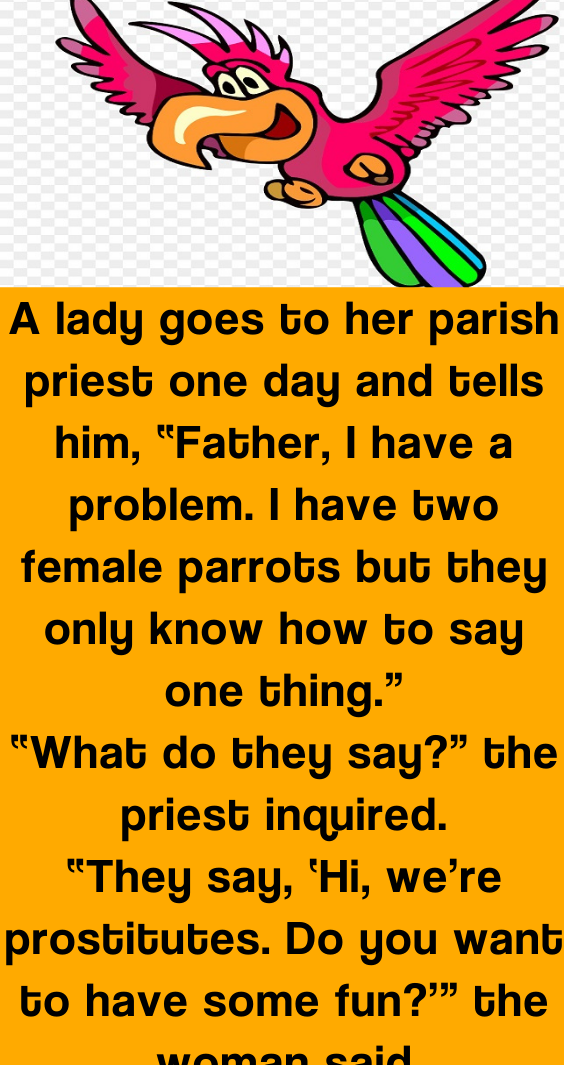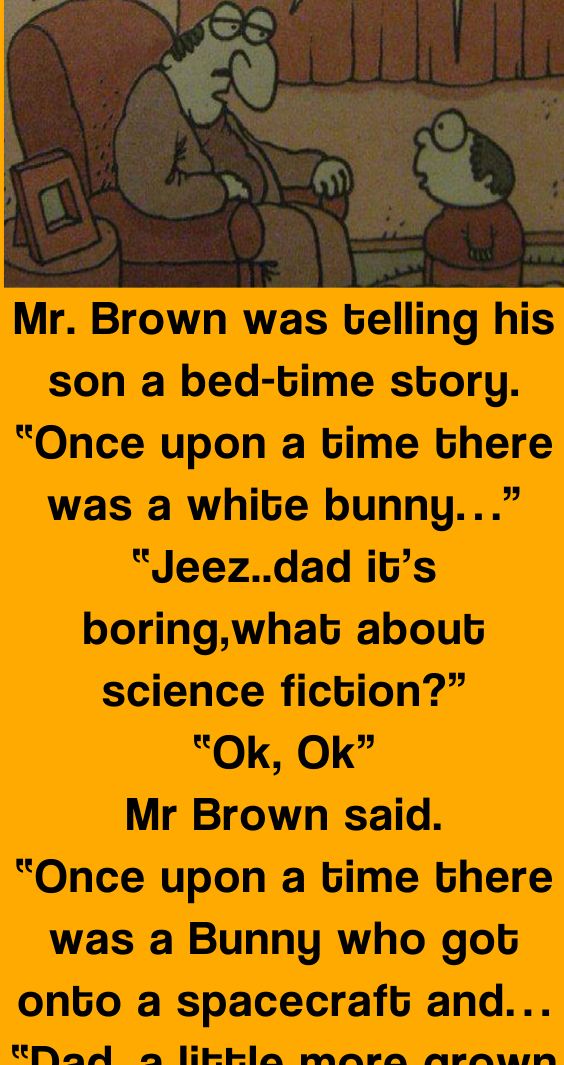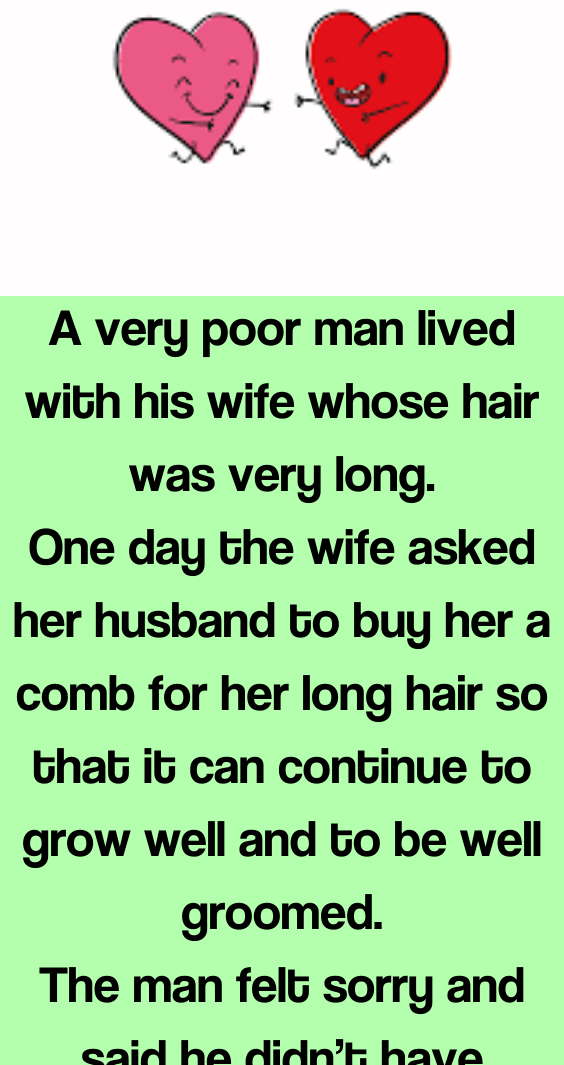A philosopher was strolling through the forest with a disciple, discussing the importance of unexpected encounters. According to the philosopher, everything around us provides us with an opportunity to learn or to teach.
At that moment, they passed the gate of a small farm which, although well situated, appeared to be extremely run down.
“Just look at this place,” said the disciple. “You’re quite right. What I learn from this is that many people live in Paradise, but are not even aware that they do and continue to live in the most miserable conditions.”
“I said learn and teach,” retorted the philosopher. “It is never enough simply to notice what is going on, you must also find out the causes, because we can only understand the world when we understand the causes.”
They knocked on the door and were received by the inhabitants: a couple and their three children, all dressed in ragged, dirty clothes.
“You live in the middle of the forest with no shops anywhere around,” said the philosopher to the father of the family. “How do you survive here?”
The man very calmly replied:
“My friend, we have a cow who gives us several litres of milk every day. Some of this we sell or exchange in the neighbouring town for other food, and with the remainder we make cheese, yoghurt and butter for ourselves. And that is how we survive.”
The philosopher thanked him for this information, looked at the place for a few moments and then left. As they walked away, he said to his disciple:
“Take the cow, lead it to that precipice and push it over.”
“But the cow is the family’s only means of support.”
The philosopher said nothing. Having no alternative, the young man did as he was told, and the cow fell to its death.
The scene remained engraved on his memory. Many years later, when he himself was a successful businessman, he resolved to return to that place, to tell the family everything, to ask their forgiveness and to help them financially.
Imagine his surprise when he found the place transformed into a beautiful farm with flowering trees, a car in the garage and children playing in the garden.
He was gripped by despair, thinking that the humble family must have been forced to sell the farm in order to survive. He hurried on and was greeted by a friendly servant.
“What happened to the family who used to live here ten years ago?” he asked.
“They still own the place,” came the reply.
Astonished, he ran into the house, and the owner recognised him. He asked after the philosopher, but the young man was too anxious to find out how the man had managed to improve the farm and to raise his standard of living so dramatically.
“Well, we used to have a cow, but it fell over the precipice and died,’ said the man.
‘Then, in order to support my family, I had to plant herbs and vegetables. The plants took a while to grow, and so I started cutting down trees to sell the wood. Then, of course, I had to buy saplings to replace the trees.
When I was buying the saplings, I thought about my children’s clothes, and it occurred to me that I could perhaps try growing my own cotton.
I had a difficult first year, but by the time harvest came around, I was already selling vegetables, cotton and aromatic herbs.
I had never realised how much potential the farm had. It was a bit of luck really that cow dying!”
